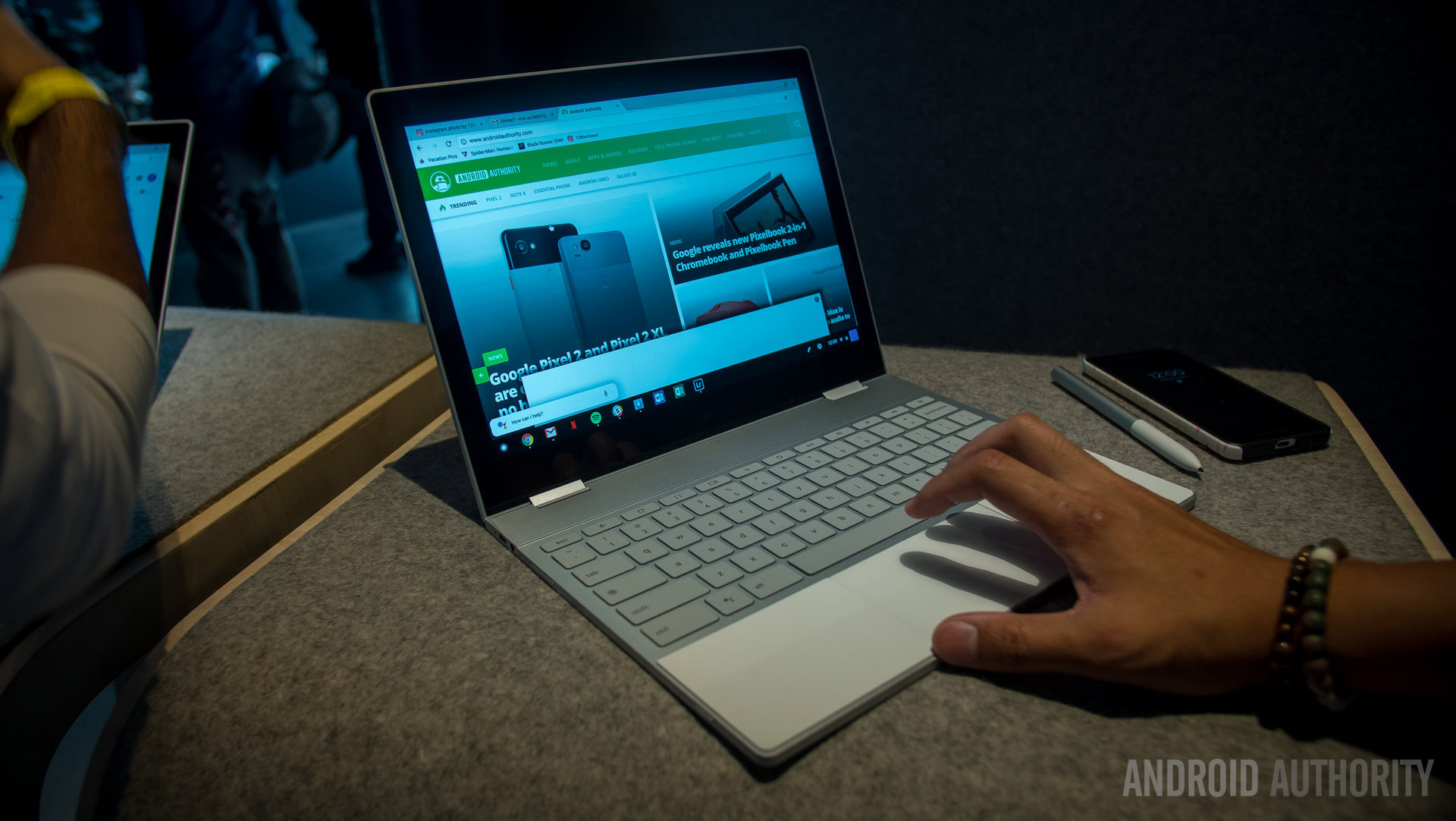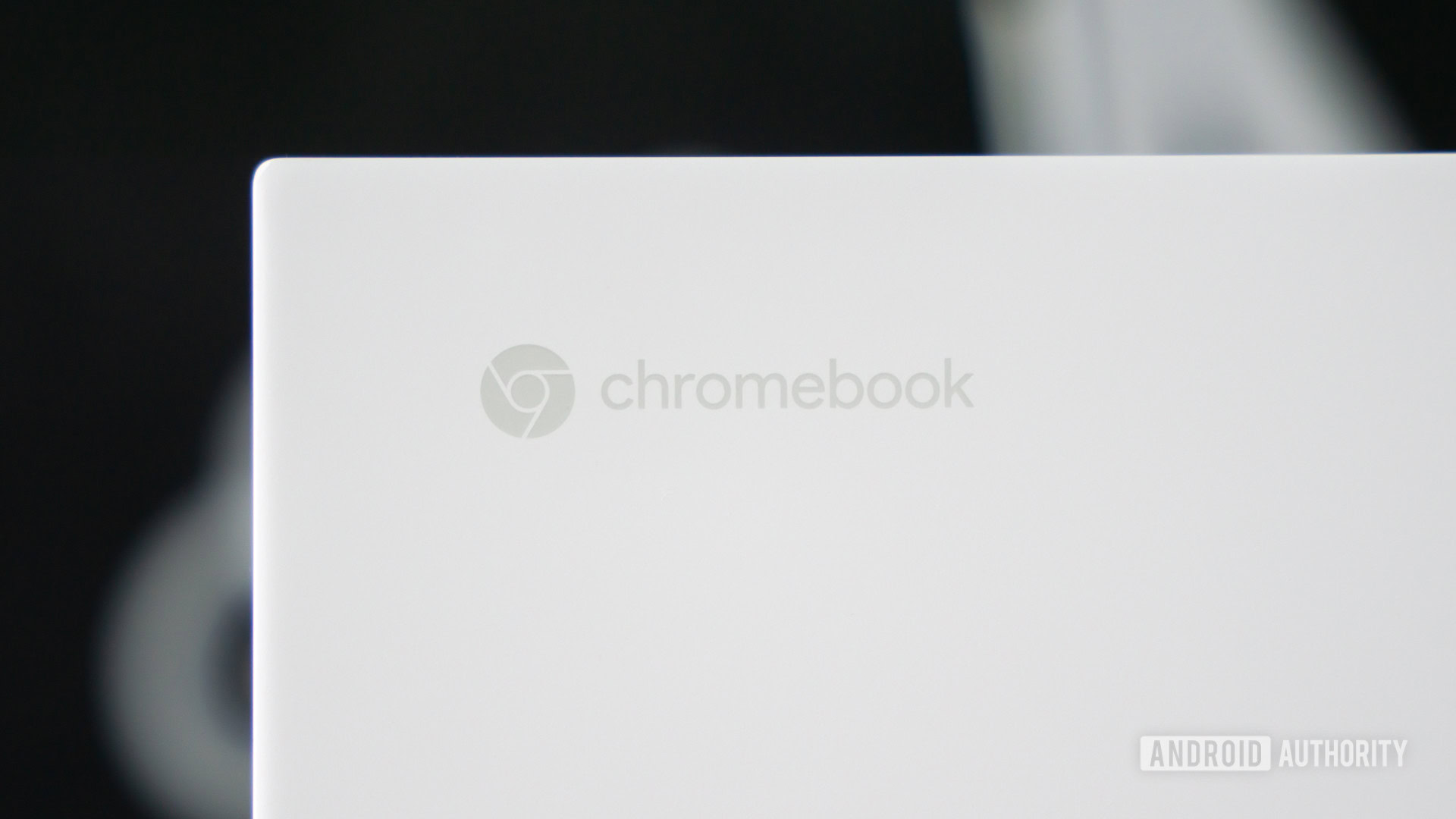Affiliate links on Android Authority may earn us a commission. Learn more.
Chrome OS might soon gain support for eSIM and Project Fi

- A code-review in the Chromium Gerrit revealed that Chrome OS will support eSIM and Project Fi.
- They would allow Chromebooks to support 4G LTE connections.
- We would likely have to wait until a new wave of Chrome OS devices hit the market.
Even though Chromebooks are underappreciated devices that can accomplish more than you think, dedicated cellular support would go a long way to make them more useful. It seems that Google has the same mindset, since a recent code-review on the Chromium Gerrit revealed upcoming support for Project Fi and eSIM.
Initially spotted by XDA Developers, the code-review mentions that a project codenamed “Hermes” will act as the middle-man for devices with eSIM chips and carrier servers. Hermes will also provide “seamless integration with Project Fi and an easily portable API” that can be used on different Chromebooks.
Because eSIM is a permanent component inside of a device, we will have to wait until a new slew of Chrome OS devices hit the market to give it a try. Also, we do not know if Google will offer Chrome OS-specific Project Fi plans or existing plans to customers.

Still, it is nice to see eSIM in more hardware. What makes eSIM very attractive is not only how little space it takes up relative to nano SIM, but also how network-agnostic it is. Because you can digitally configure eSIMs, you can seamlessly change networks and not skip a beat.
Google’s Pixel 2 and Pixel 2 XL were among the first smartphones to offer eSIM, while certain wearables also support the standard. Still, proliferation has been slow and not very steady, so perhaps this is Google’s way of increasing eSIM support.
It could also be that Google wants to better compete with the increasing number of “Always Connected PCs” that feature Qualcomm processors. Qualcomm recently announced the Snapdragon 850, which is meant for near-future Windows machines.
Whatever the reason may be, you can sign me up for a Chromebook with LTE support. Let us know in the comments below if you would do the same.